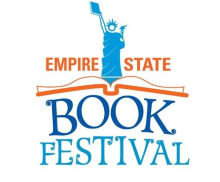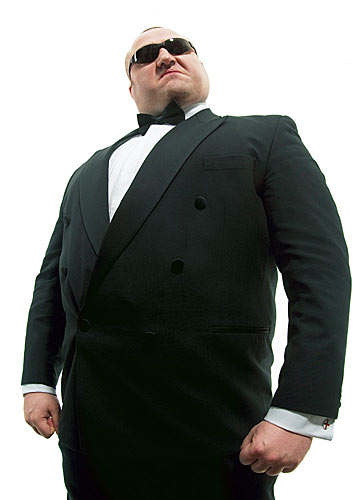As I dug deeper into my research for Bystander, a bully-themed novel set in a middle school, I realized that I could write a hundred different stories on the subject. There are so many manifestations, so many different approaches to the issue, so many stories to tell. For my immediate purposes, I decided to focus primarily on boy characters. And for the most part, I did not address cyberbullying in a major way, though I fully realized it was a topic of vital importance for children today.
Just about every educator told me the same thing, in the same words: “Girls are worse.”
That’s why I made sure that one character in the book, Mary O’Malley, was directly touched by cyberbullying. She witnesses it, participates in it, feels uncomfortable with it, and is forced to make some difficult choices. In terms of character arc, Mary gradually moves from darkness into light. Or as she tells Eric late in the book, chapter 25 [misfits], while they sit together (and alone) in the lunch room:
“I’m done worrying about what people like Alexis Brown think of me.”
“When did you get so smart?” Eric asked.
Mary shrugged. “I had to do a lot of dumb things first. After a while, I decided to try a different approach.”
“How’s it working out for you so far?”
“The food’s better,” Mary said, twisting open one of Eric’s Oreos. She turned serious. “Do you know what Mr. Scofield told me? He said not to listen when people say bad things about me. He said, ‘You know, Miss O’Malley, it says more about who they are than it does about you.'”

Here’s an excerpt from an earlier scene in chapter 16 [Mary], when Mary is hanging out with Eric Hayes. They are together at a dog park with Ginger, a Golden Retriever:
It was Eric’s first time alone with Mary. Of course, not counting Ginger’s company. The dog somehow made it easier, gave them a third thing, something outside of themselves that they could share. Mary found an old tennis ball, hurled it across the field. Ginger took off like a rocket, proudly retrieving it. Just an animal, doing what came naturally. They played that game for a long while, Eric and Mary taking turns throwing the ball, Ginger tireless and impatient.
A few times Mary’s cell phone sounded. She’d flip it open, read a text message, flip it closed.
At a certain point she stopped talking.
“You’re frowning,” Eric noted. “Is something the matter?”
Mary shook her head. But a moment later she pulled out her cell, punched a few buttons, and handed it to Eric. “Here, look at this.”
There was a photograph of a girl’s thick body. She wore shorts and a midriff-baring shirt, with the head of a pig Photoshopped onto it. “Who’s that supposed to be?” Eric asked.
“That’s Chantel Williams, you know her?”
“Sort of, we’re in a couple of classes together.”
“Well, everybody is really mad at her –“
“Everybody?”
“Okay, not everybody,” Mary replied, conceding the point. “It’s mostly Chrissie and Alexis. They want me to come over, because they want to get her back.”
Eric didn’t know Chantel well. She seemed okay. “What did she do?”
“Flirted with the wrong guy, according to Alexis.” After a pause, Mary confessed, “I know, you don’t have to say anything. It’s all so stupid.”
“What are they going to do?”
Ginger dropped the ball at Eric’s feet, then plopped to the ground herself, exhausted. He picked the ball up and threw it. Ginger watched it sail through the air, but did not otherwise stir.
“Go on, go get it!” Eric urged.
Ginger rested her chin on the cool earth. She wasn’t going anywhere. The ball could stay lost forever.
It was time to go. Eric reattached Ginger’s leash and gave a tug. He reminded Mary that she still hadn’t answered his question.
Mary sighed, shrugged, rearranged a loose strand of hair. “Something mean,” she said, eyes narrowing. “They are talking about maybe some fake Web page. Alexis has a new iMac in her room. They want me to help. I’m good with computers.”
“You’ve done stuff like that before?”
Mary looked away, nodded. “A little bit.”

One last note about some of the things I was trying to achieve here. You read in the first excerpt the reference to Mr. Scofield, an English teacher. He is a minor but recurring presence in the book, an intelligent, capable teacher who senses what’s going on and tries, in a limited way, to council and assist. The line that Mary attributes to him — “You know, Miss O’Malley, it says more about who they are than it does about you” — came to me directly from a middle school English teacher, my friend Matt Ball. He told me that’s what he sometimes said to his students, if he saw they were having a tough time. I informed Matt that I was going to use it for the book I was writing. Matt told me to be his guest. So that’s how that little piece of advice got into Bystander.
File under: I’m not making this stuff up.










